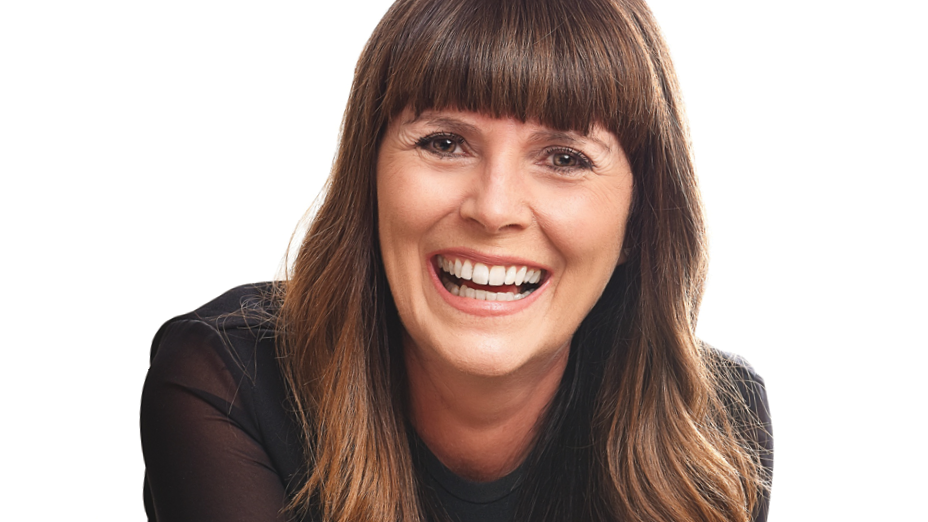My fascination with happiness began at a four-way stop in Toronto.
I was on my way to work, ruminating on how unhappy I was at my job. As I pulled up to the intersection, I noticed the faces of the other drivers and pedestrians around me. It was a common scene: all of us wearing different variations of the same miserable mask, headed to jobs we hated, bracing ourselves to repeat this same unfulfilling experience day after day until retirement.
This particular moment ignited the researcher in me. I decided that I wanted to answer the question: “am I as happy as I could be?” I then started to spend my free time learning everything I could about happiness and imagining the career that would light me up, not weigh me down. I quickly recognized that my idea of happiness was tied to my desire of achieving or obtaining something. I noticed this in others too. It was this assumption that happiness would come through a promotion at work, a new car, or a move to a new city.
When we define happiness as a result of outside circumstances, we will never truly feel it. Deep down I knew that true happiness came from within.
Become responsible for yourself.
Deepak Chopra, has said “Every time you are tempted to react in the same old way, ask if you want to be a prisoner of the past or a pioneer of the future.” It’s easy to fall into the habit of thinking our happiness is controlled by something outside of ourselves, rather than realizing: “I can change how I think about that. I can take responsibility for how I respond to this person.”
Once I realized I could step out of victim-mode and choose how I wanted to feel, I was able to rework my patterns of thinking and behavior. It is within your power to better your situation and shift your mind from what is being done to you, to what you can do for yourself; it all starts with the thoughts you focus on.
Let go of comparisons – happiness is an inside job.
I often share this quote: “Don’t compare the outside of other people’s lives to the inside of your own.”
Especially in this digital age, we spend so much time judging ourselves and comparing our inner struggles to someone else’s highlight reel. You know your own doubts and limitations and it’s easy to look at other people’s lives and believe that they don’t have any – but of course, this isn’t true.
The process of turning inward and accepting ourselves, our real struggles–the things that make us human—takes daily practice. It isn’t always easy, but it’s real. Once we accept that everyone has their own struggle, we can have greater self-acceptance and compassion for ourselves and our own journey.
Live your truth and let yourself show up as you really are.
Living your most fulfilled life means being true to yourself and allowing yourself to be seen – vulnerability and all. Often, this requires letting go of what others have told us about ourselves. If you’re one of those people, like I was, it will mean having the courage to press pause and shut out the external messages to discover who you truly are.
Getting honest with yourself is the first step to living your best life. This is easier said than done, because it means sharing your authentic self (and work) with the world.
If we never get comfortable with being uncomfortable, it becomes impossible to grow and step into our potential.
Invest in daily rituals that help you maintain consistent levels of happiness.
Our level of happiness is based on how steadily the state of happiness occurs in our lives, as opposed to how many happiness ‘peaks’ we experience. When you’re working towards a big goal, it can be an incredible rush when you succeed, and you’ll probably experience a happiness ‘peak’. However, when the moment is gone, so is the peak of happiness, and you can end up feeling let down.
Rather than putting all of our energy on milestones or possessions that we think will make us happy, we can choose to invest in daily, regular commitments to ourselves, our loved ones and our goals. Not only will this help level-set after trauma or success, it will help us maintain consistent happiness throughout our lives.
Rather than putting all of our energy on milestones or possessions that we think will make up happy, we can choose to invest in daily, regular commitment to ourselves, our loved ones and our goals.
Whether it’s getting more rest, connecting with nature, meditating, spending time with people you care about or just treating yourself, do what makes you feel well every day. Something that I know helps me is practicing gratitude. Whether it’s for yourself or for other people, gratitude connects us to the abundance we already have.
It took me awhile to come to a place of acceptance and responsibility, but I’m so grateful that I have. Every area of my life has benefitted by playing the long game and focussing on maintaining consistent happiness and not chasing the next peak. I know that these practices will help me to stay true to my values, no matter what, and live a life well lived. This is what happiness is to me.
Vulnerability, taking responsibility for your own life and being mindful are the qualities that will support us all in living our best life — and when we live our best life, happiness will be quick to follow.




.png)

.jpg)
%20(1).png)
What Did You Think?